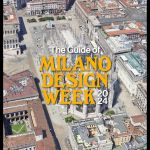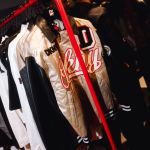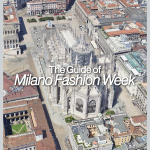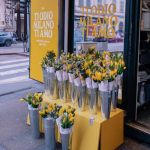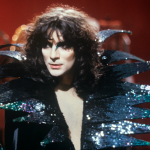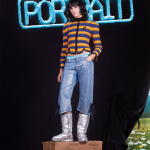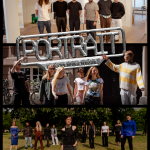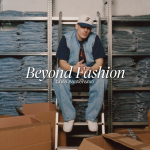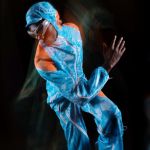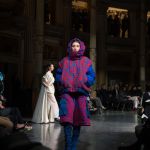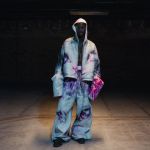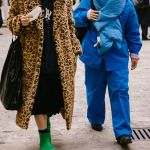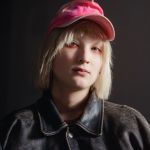
Milano doesn't stop
Yesterday a 48-hour nightmare ended and today the city woke up
February 27th, 2020
Today Milan starts again: in the morning Mayor Beppe Sala shared a video with the slogan "Milano does not stop", which comes to coincide with the reopening of the bars in the city after the curfew imposed last Sunday. These last forty-eight hours of forced stop have testified to how Milan is an active city and, conversely, how restless it can become when it cannot channel its energies at work. And the mayor's intervention demonstrated how the institutions must work in synergy with the private sector to avoid uncertainty about the future and to support the realities that have made Milan a European city. Here's the message in the video shared this morning:
“We bring home important results every day because every day we are not afraid. Milan doesn't stop”.
At first, it did not seem true that the first city of Italy, the most prosperous, had succumbed to scaremongering and fear. Yet between the cancellation of the Armani show and the events of Moncler Genius, Michael Kors and Jaguar x Baracuta, followed by the news of the postponed Design Week, with the avalanche of cancellations, empty hotel rooms and lost future earnings, the industries of fashion, hotels, entertainment and the vast cosmos of bars, clubs and nightclubs that are the backbone of the city's economy had trembled in earnest. Two days of embargo have meant, in addition to the fear of an economic vacuum, a serious loss that a city like ours, the driving force of the country's economy, cannot and must not afford. But now that this period is symbolically over, we can look back and see that what seemed like a months-long siege lasted only two days. Milan didn't stop.
It's true that the damages are still being counted. Lombardy and Veneto, two of the regions affected by the contagion, alone account for 31% of Italy's GDP and 40% of exports. During the last fashion week, there was an 80% drop in the number of Chinese buyers. Identical and worrying estimates are starting to make all other sectors as well. To get a sense of proportion, the sales of luxury products of the Fashion Quadrilateral make alone 12% of the city's GDP and without Asian tourists, who alone represent 28% of all purchases, those sales would be nuanced, without even talking of that complex macrocosm exemplified by the label of "Tourist Sector". Of course, the emergency has not ended and the problems of nightclubs, cinemas, theatres and hotels remain. But the reopening of the bars and the resumption of nightlife have brought normality back to everyone's lives.
Milan did not stop and morale returned high. The fact that it was enough to close or reopen the bars to break down and then raise the atmosphere can make us understand three things: the first is how this city has become a reality in its own right, endowed with its precise identity that involves all its inhabitants; the second is the power of symbolic events and the charisma of the leaders, which explains how the reopening of the bars has meant the return of a hope of which Sala has become the voice and face; the third is the profound fragility of an economic mechanism that is indeed prosperous but whose threshold of tolerance for accidents like this has proved too low to define the system as "perfectly healthy". For the future, as well as having masks, we should have a stronger economic foundation.



















